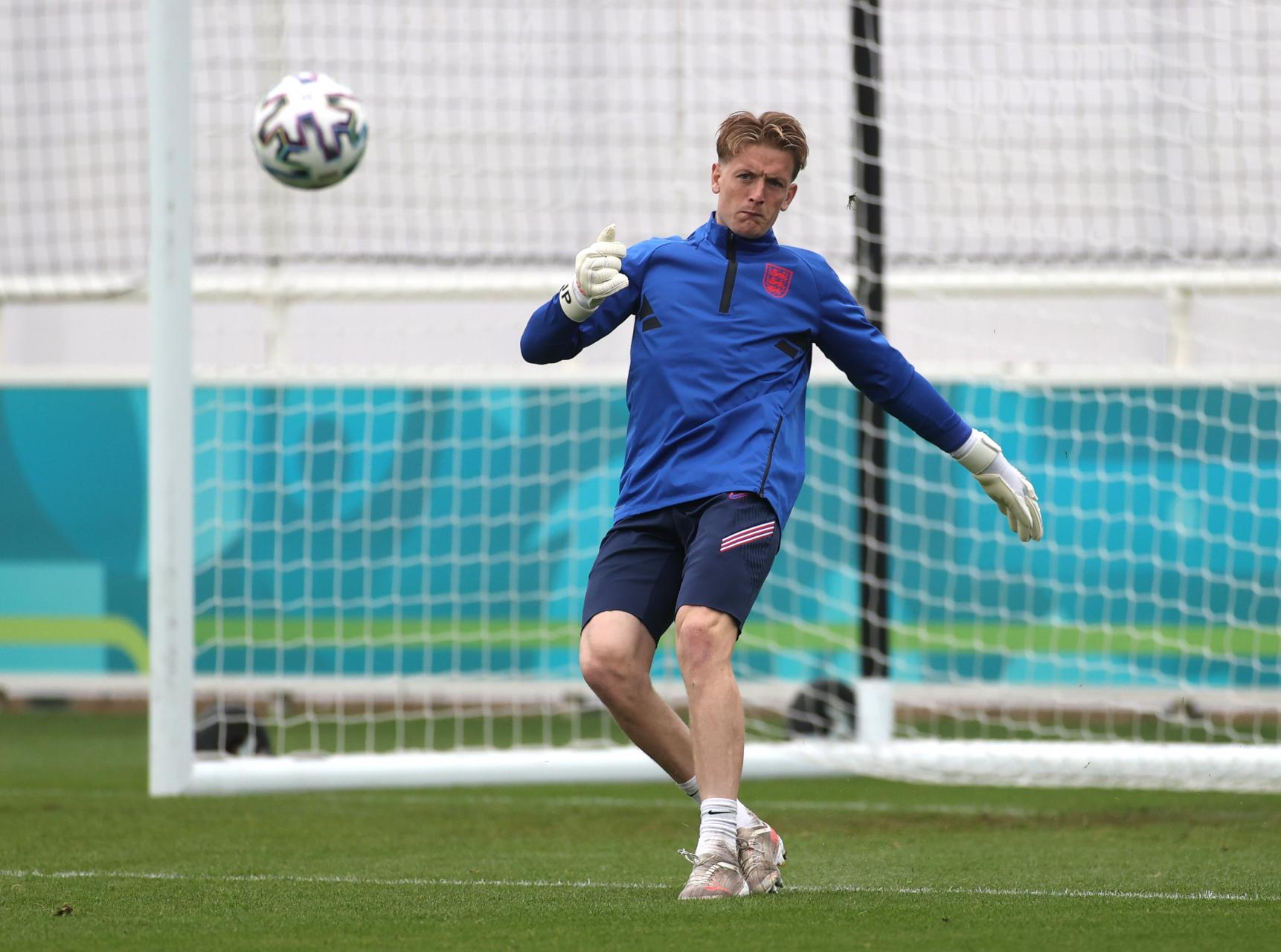We kicked off this weekend with football and the round of 16 at the Euros started with Wales v Denmark yesterday evening before moving through some entertaining clashes like Belgium v Portugal yesterday and a revived Spain v Croatia today before arriving at the oh no not again, cover your eyes it’s England v Germany on Tuesday.
England see Germany and Argentina as their biggest games in football. But it isn’t the same the other way round.
Germany have a much bigger rivalry with the Netherlands than England, and Argentina’s rivalry is with Brazil, not England.
England’s traditional rivals are Scotland.
England, we are told, are a young side and a work in progress and many fans will forgive the side if they come up short, as long as they play well.
But on the other hand, Michael Owen didn’t need to be a work in porgress to score a wonder goal against Argentina in the World Cup in 1998, nor for his hat-trick against Germany in Munich three years later when England won 5-1 in Munich.
So maybe it is time to do that again and send the Germans homeward tae think again!
Great teams win.
This side has players who have won in the toughest league in the world and have tasted victory and defeat in the Champions League final.
They play against the best players in the world every week.
Yes they need time to work out how to play as a team, but they are highly trained professional players, who can adapt to different systems.
And the upside of winning on Tuesday, as every armchair fan will know, is that they would then have an ‘easy’ run to the final! As long as they can get past Wales in the semis.
In a rule change for next season, there will be no more ‘away goal’ rule in UEFA club competitions.
The rule has been in place since 1965 and meant that when the aggregate score over two legs was tied, whoever scored most goals away from home would be the winner.
It was brought in to encourage attacking play in an era when far more goals were scored at home than away.
This is no longer the case and in fact the rule dissuades home teams from attacking in the first leg, in case they concede a goal that gives their opponents the advantage.
Women’s sport has featured heavily in the news this week. This weekend sees the start of the all-female W series which will line up alongside Formula 1 for the eight races of its season, starting at the Styrian Grand Prix at the Red Bull Ring in Austria. The cars are all identical F3 machines to put the emphasis on driver skill. The series will promote women in motorsport with a view to put a woman driver in F1.
Elsewhere though women are less enthusiastic about the inclusion of New Zealand transgender weightlifter Laurel Hubbard in the Olympics.
The issue is one of fairness. The 100m in athletics is one of the events where the difference between men and women is the least, at a little over 10 percent. Some sports, like boxing or weightlifting, the difference can be closer to 30 percent. On the track, that 10 percent difference is several thousand athletes.
Serena Williams has often said that if she played Andy Murray she would lose 6-0 6-0. Wimbledon should consider it. Lopsided as it would be it would still be a sell-out.
On the one hand is the acceptance and rights of transgender women to live their life as a woman.
On the other hand is the issue that women have fought hard for their place in the sporting world and want to compete on a level playing field.
Everyone knows sport is unfair so weightlifting, combat sports like boxing, judo and wrestling as well as rowing all have weight categories to make the competition fairer, and safer.
Hubbard is not favoured to win gold but this is the start of a complex decade or two of women’s rights alongside the rapid growth of women’s sport in general.


No comments
To be able to write a comment, you have to be registered and logged in
Currently there are no comments.